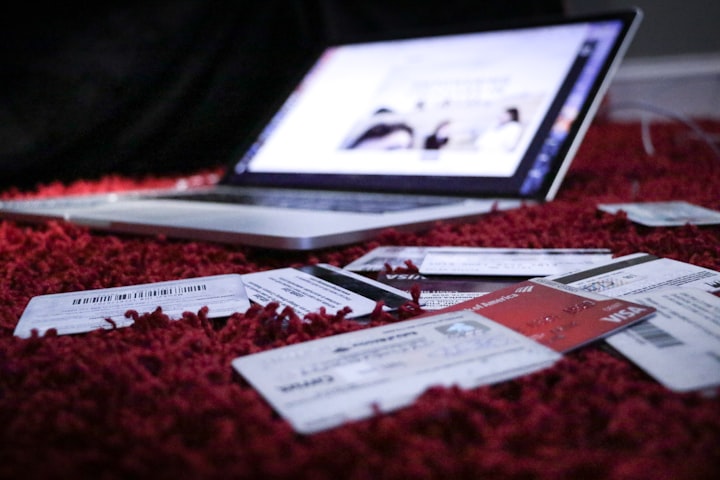Student Loan Forgiveness Explained + 11 Student Loan Forgiveness Options
Discover what the Supreme Court's decision means for you: student loan forgiveness explained. Learn more about your options and next steps.

Loan forgiveness, cancellation, or discharge refers to a situation where you're no longer required to repay some or all of your loan. (Hallelujah!)
What many people don't know is there isn't this blanket "forgiveness" clause that just magically erases your student loan debt. There are different instances where forgiveness is explained. Let's unpack the key categories of forgiveness.
Differences Between Forgiveness, Cancellation, and Discharge
Talk about a hot topic- student loan forgiveness is on everyone's radar right now. We spoke about it a bit in our newsletter last week. (It's free BTW and we go in on the latest in personal finance news and how it actually pertains to you and your money. Go check it out if you have 3 mins.
Anyways, back to forgiveness, cancellation, and discharge. While these terms essentially mean the same thing, they're used in different contexts. Forgiveness or cancellation generally refers to circumstances linked to your job, while discharge often pertains to other situations like a permanent disability or a school closure. Nonetheless, unless you qualify for one of these conditions, you're obliged to repay your loan.
Types of Forgiveness, Cancellation, and Discharge
Different programs are available depending on the type of federal student loans you have:
- Public Service Loan Forgiveness (PSLF): If you're employed by a government or non-profit organization, you might be eligible for PSLF, which forgives the remaining balance on your Direct Loans after you've made 120 qualifying payments.
- Teacher Loan Forgiveness: Teachers who've worked full-time for five consecutive academic years in a low-income school may be eligible for forgiveness of up to $17,500 on their Direct Loan or FFEL Program loans.
- Closed School Discharge: If your school closes while you're enrolled or soon after you withdraw, you may be eligible for discharge of your federal student loan.
- Perkins Loan Cancellation and Discharge: Depending on your employment or volunteer service, you could have all or part of your Perkins Loan canceled or discharged.
- Total and Permanent Disability Discharge: If you're totally and permanently disabled, you may qualify for a discharge of your federal student loans.
- Discharge Due to Death: Federal student loans will be discharged if the borrower or the student (for whom a PLUS loan was taken out) dies.
- Discharge in Bankruptcy: Although not automatic, you could have your federal student loan discharged after declaring bankruptcy.
- Borrower Defense to Repayment: If your school misled you or failed to meet certain standards, you might be eligible for the discharge of your federal student loans.
- False Certification Discharge: If your school falsely certified your eligibility to receive a loan, you might be eligible for a discharge.
- Unpaid Refund Discharge: If you withdrew from school and the school didn't make a required return of loan funds to the loan servicer, you might be eligible for a discharge.
- Forgery Discharge: Victims of forgery might be eligible for a discharge of federal student loan(s) fraudulently made in their name.
Parents who borrowed a PLUS loan on behalf of their child may also be eligible for discharge under certain circumstances.
Application Process for Forgiveness
To apply for loan forgiveness, cancellation, or discharge, contact your loan servicer. If you have a Perkins Loan, reach out to the school that issued the loan or the designated loan servicer.
During the application review, you may need to continue making payments. Once approved, you may stop making loan payments. In certain discharge cases, you might receive a refund for some or all of the payments you made on the loan, and any adverse information related to your delinquency or default on the loan might be removed from your credit record.
If you're worried about not being able to pay for your loans in October, read our guide on getting help.
Remember, if your application was denied, you will remain responsible for repaying your loan. In case of a denial error, reach out to your loan servicer for more information.




Comments ()